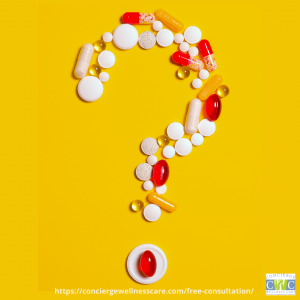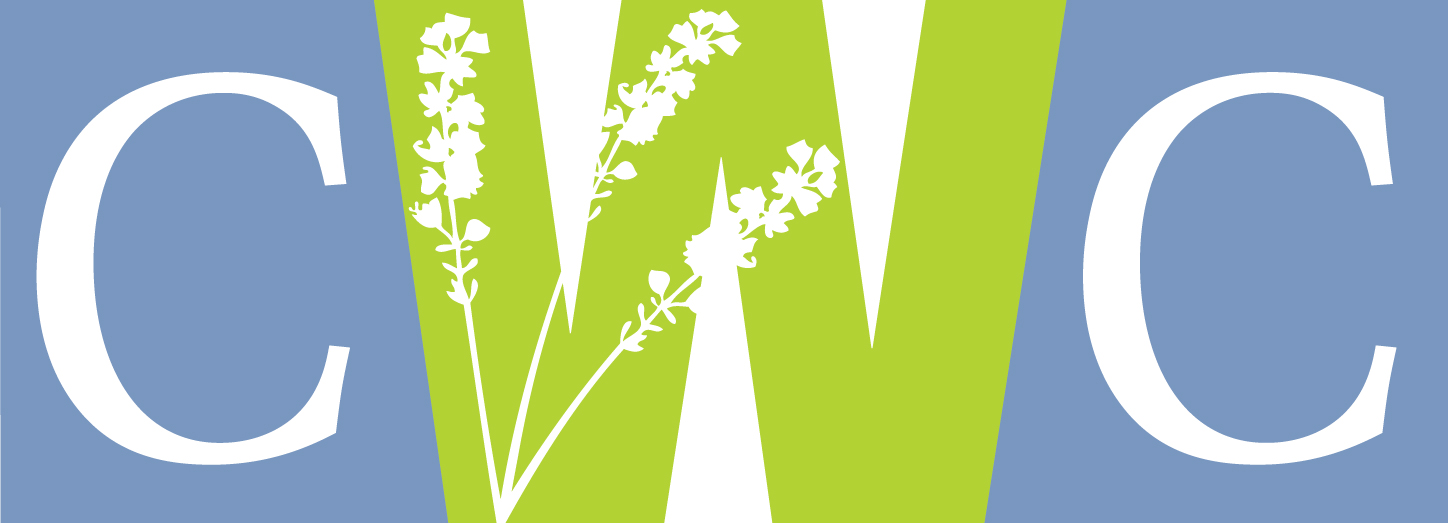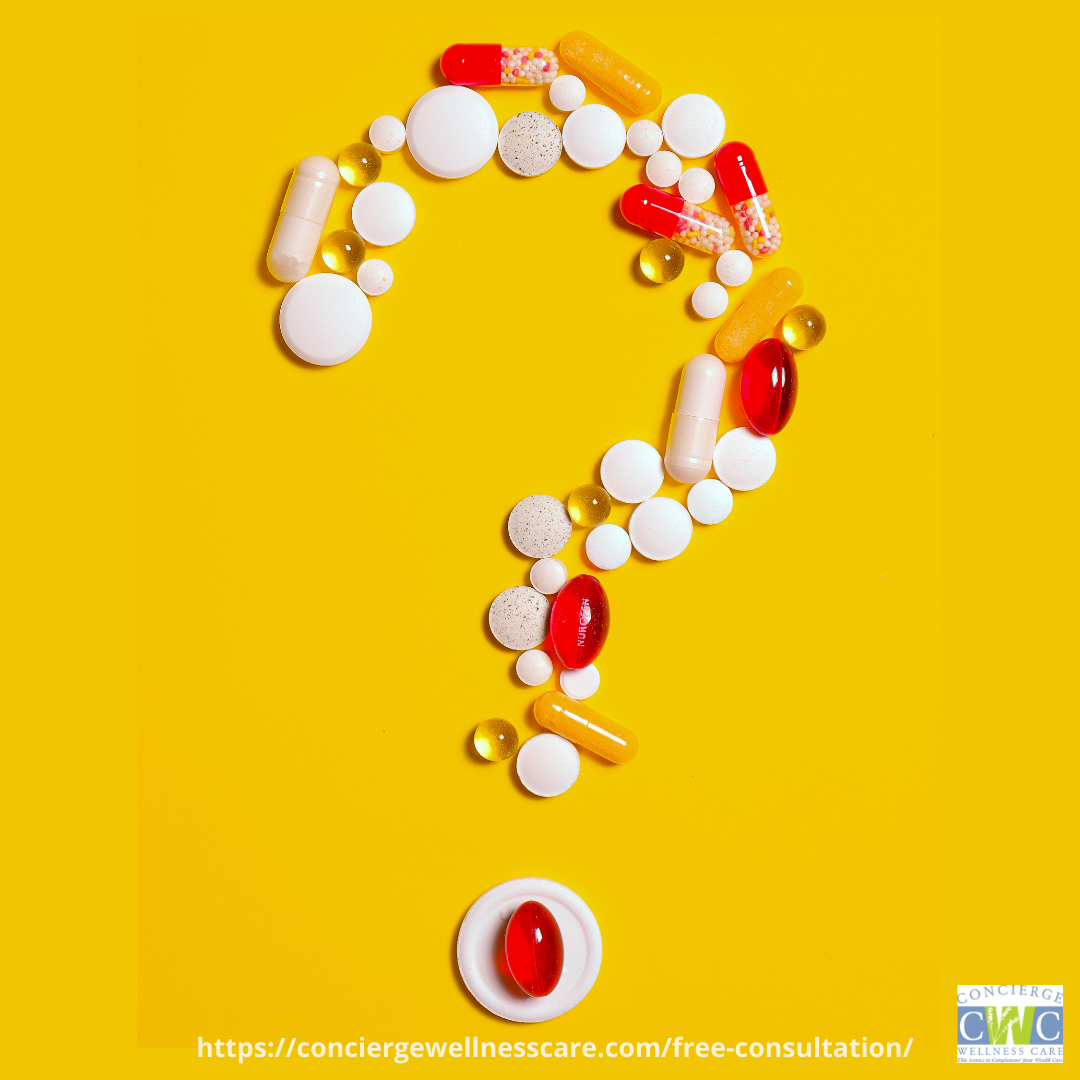
Are statins the answer to lowering cholesterol?
Technically, they will lower your levels of cholesterol when taken for only few weeks. Research has shown that simply lowering the numbers on a lab report may not be advantageous to health. Here are a few things you should know before deciding whether you want to take statins.
Statins affect the pathway that makes cholesterol call the Mevolonate Pathway.
The Mevolonate Pathway is responsible for the following functions:
- Steroid and hormonal synthesis
- Cell membrane maintenance
- Creating intermediates and products crucial for cell survival and function
- Inhibits the enzyme called HMG-CoA, the first step in making cholesterol
This pathway is intercepted close to the beginning. Downstream side effects of blocking this pathway at the beginning can include:
- Impaired wound healing
- Fertility and embryo development
- The ability to kill cancer cells
Even newer drugs that work further down the pathway can inhibit and enzyme (cyclooxygenase), which helps to metabolize toxins, including statins.
Complaints associated with statin drugs is often aches and pains, which seems like a minor problem but over time leads to muscle damage that can become chronic and myopathic. This can also lead to Rhabdomyolysis, a severe and degenerative muscle tissue condition, as well as kidney failure and death. Unfortunately, often nothing is noticed until the end stage if the initial symptoms are deemed “bearable”
Other common symptoms include:
- Brain fog, to the extent that it mimics Alzheimer’s, amnesia, confusion, disorientation,
forgetfulness, and senility.
- Low libido
- Nerve damage
CoQ10, an antioxidant that is responsible for energy production and the prevention of cardiovascular disease. We make less and less of it as we age. Since CoQ10 is created in the Mevalonate pathway, our body’s ability to create it is taxed when taking a statin drug. CoQ10 deficiencies can cause arrhythmia, angina, heart pain, high blood pressure, difficulty regulating blood sugar, stomach ulcers, reduced energy, chronic fatigue, shortness of breath, fluid retention, frequent urination, and myopathy.
The liver makes seventy-five percent of our cholesterol and the other 25% is obtained from our diets. Cholesterol plays a key role in bodily functions such as producing sex hormones, adrenal hormones. It is a precursor for bile acids which aid in the digestion of fats, synthesizing fat-soluble vitamins, and cholesterol is needed to repair cells and is key in nerve function.
Cholesterol particles can be large or small. The large are big and fluffy, and the better of the two. Statins prevent the formation of the large cholesterol particles.
Elevated LDL can indicate inflammation and cholesterol is doing its part to quell that. Simply lowering cholesterol is not the answer but finding the source of the inflammation is where the investigation should begin.
Please contact us if you have any comments, questions, concerns or would like a consultation.
Be Your Best Health!
Jill Shanahan
Certified Nutritional Counselor, Lifestyle Educator and Eating Psychology Coach






